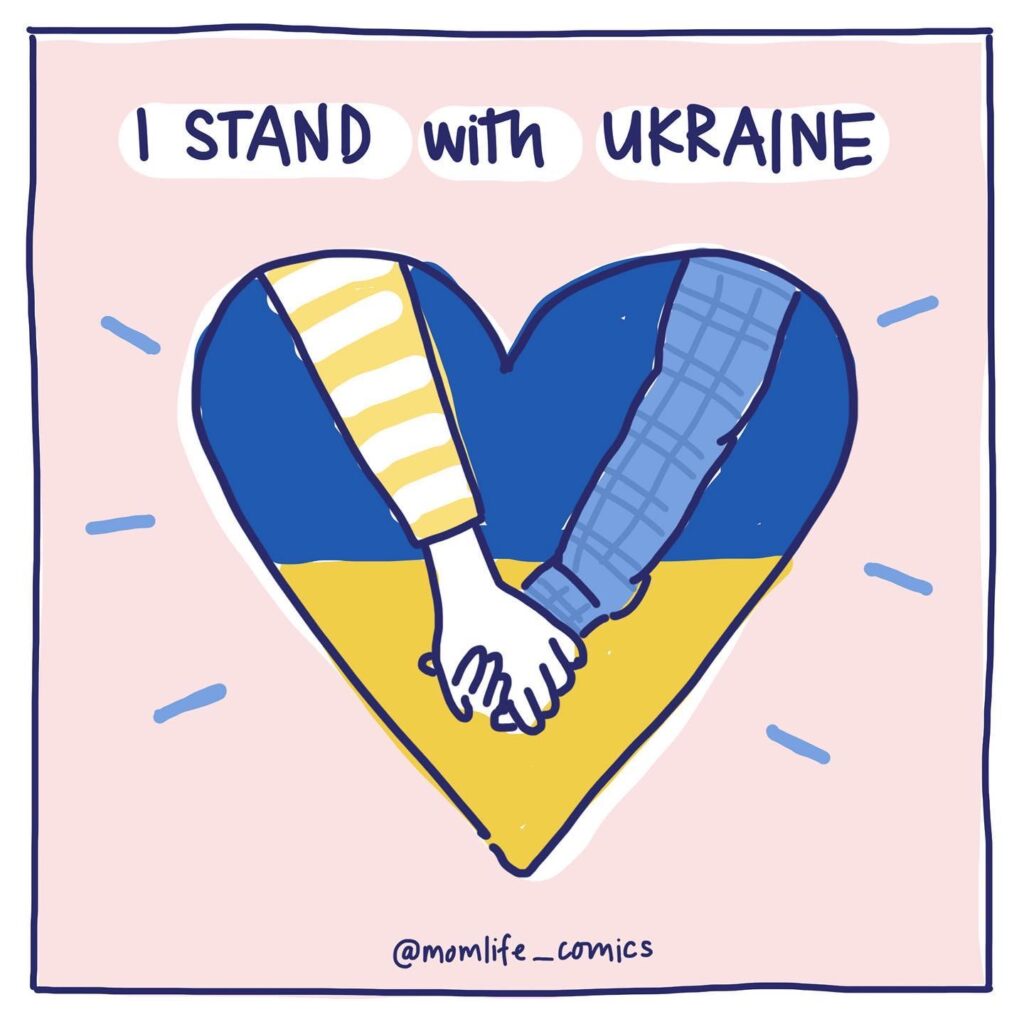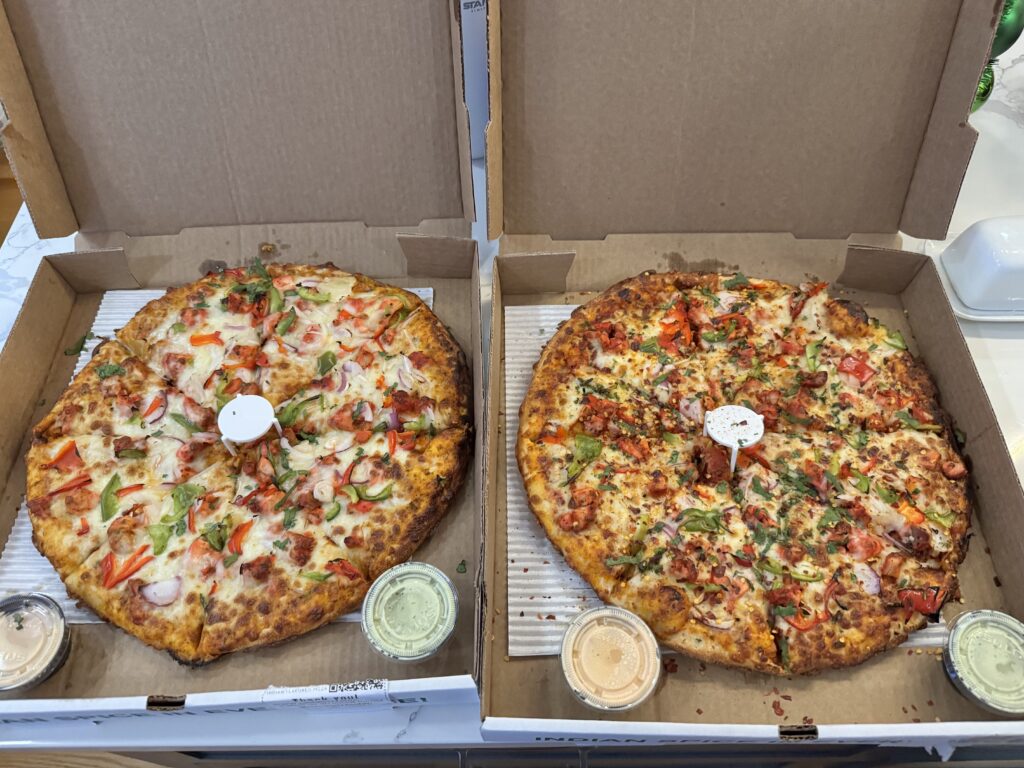As I type this, there are sadly two known major wars brutally waging on our beautiful blue planet.
I don’t want to write about war, pain and suffering. I just want to write about family, nature, mental health, self-care and fun things to do.
But at night, when I wake and it’s quiet, my heart is so heavy thinking about children and families suffering from war that I feel sick from it.
I don’t have any personal experience to relate to when it comes to Ukraine. I feel for the people there, of course – under siege by Russia now for a year and a half – but it is in a distant, disconnected way.
Israel, on the other hand, feels close to me. I grew up with Jewish best friends and boyfriends. My mom and I have visited that beautiful land. I’ve met wonderful Israelis who are Jewish, Christian and Muslim. One of my favorite things about that holy place was all of the amazing cultures, religions and people living in such close proximity together and coexisting relatively peacefully!
But now, there is no peace. The October 7 attacks by Hamas on innocent Israelis were horrific and brutal. The military response from Israel is resulting in untold suffering by families and children in Palestine.
I know that the situation between Israel and Palestine is complex and difficult. I can not believe the Jewish people, who have experienced and know all too well the horrors of persecution and genocide, want to enact that suffering on another group of people. And yet it looks like exactly that is happening.
So what can we do in times of war? What can we do, from here in the relative safety of home in Ohio, when we know there is hell on earth happening in Ukraine and in Palestine?
I spoke with a physician this week for a work gig. This doctor, too, has spent time in Israel – in fact, he’s spent a lot of time and has many friends and family members there. He had some really wise words for all of us who are worried, sad and stressed about what’s going on in the Middle East.
According to Dr. Dan Cohen, there are three things we can do right now to help ourselves and support those impacted by the war.
1. Stay in touch. Reach out and check in with the folks you know who are impacted by these wars. Give a phone call, send a card and start a conversation. And this goes for friends in those parts of the world, as well as for those who are Jewish, Muslim or Ukrainian right here at home, too. We know that antisemitism and Islamophobia are on the rise in the U.S. because of the attacks in the Middle East. Check in with friends. Let them know you care.
2. Lend a hand. Help if you are able – either through sending donations or volunteering. Dr. Cohen recommended sending donations to trusted and vetted organizations. NPR put out a list of reputable organizations that are providing humanitarian aid in Israel and Palestine as well as those helping in Ukraine. There may be local organizations in your area helping in different ways, as well – such as collecting comfort items to be shipped overseas to help those impacted by war.
3. Take good care. Dr. Cohen said staying physically and mentally healthy is one of the most important things we can do here at home. Don’t watch or look at war images; Dr. Cohen calls that secondary trauma. “Looking at those negative images or videos doesn’t help anyone. It lets evil win. Stay positive, do good and avoid the negative imagery,” he advised.
Stay positive. Do good. I know those are things that I can do. It feels like a mantra of sorts.
And honestly, those are both things I try to do with this blog anyway. Suddenly, writing about family, nature and how to keep up our mental health doesn’t feel as small. It feels like my own meaningful way to help, after all.
So that’s what I will continue to do – while my heart continues to go out to all those in the Middle East and Ukraine.




